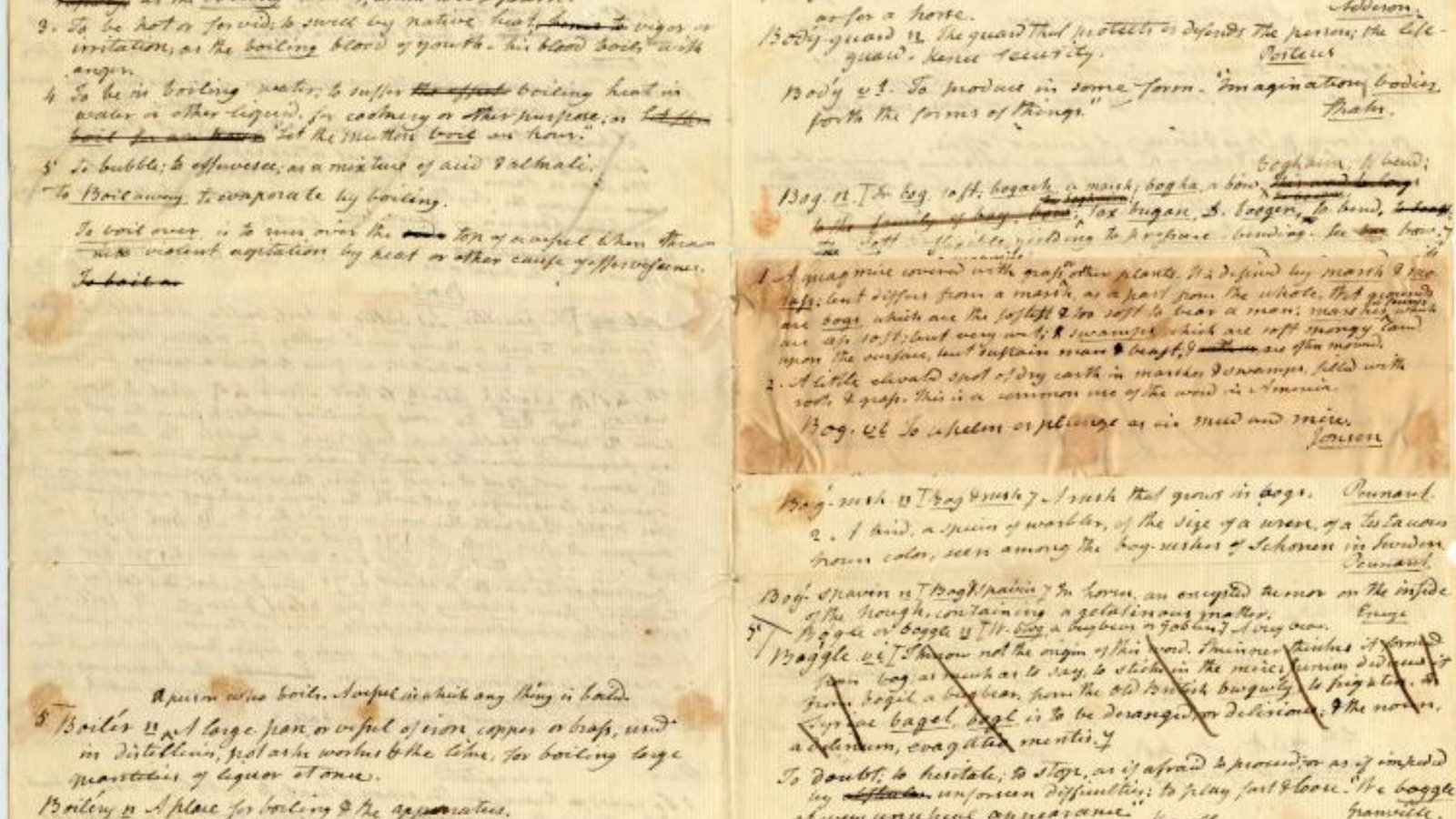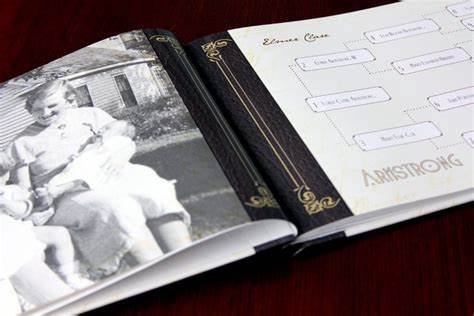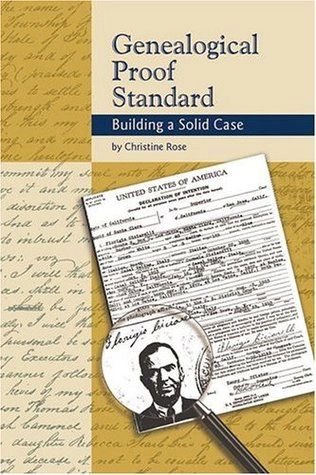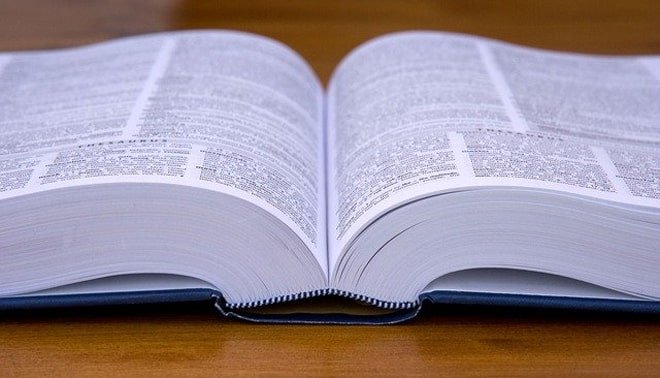If you’re serious about family history research, you might already know how useful a genealogical dictionary can be. But do you know how to use a genealogical dictionary effectively? Using this resource properly can help you understand difficult terms, historical references, and family names, making your genealogy journey much smoother. In this article, we’ll explore the best ways to use a genealogical dictionary and how it can enhance your research process.
Why Knowing How to Use a Genealogical Dictionary Effectively Matters
When researching your family tree, you will come across many unfamiliar terms. Genealogical dictionaries are made to explain these terms in simple language. However, understanding how to use a genealogical dictionary effectively is important. If you don’t know the best way to search through the dictionary, it can waste your time and confuse. This guide will show you how to make the most of these powerful resources so that your genealogy research becomes easier and more successful.
Start with a Clear Goal: Know What You’re Looking For
The first step in learning how to use a genealogical dictionary effectively is to have a clear goal in mind. Genealogy can involve many different areas of research. For instance, you may need to understand family surnames, historical locations, or old customs. Having a specific goal will help you focus your search in the dictionary and use it more efficiently.
For example, if you’re trying to understand a surname or family name, search for it directly in the dictionary. On the other hand, if you’re researching a historical term related to a specific place, look for that term in the dictionary. Knowing what you need will guide your research.

Use the Index and Alphabetical Search
Genealogical dictionaries are often organized alphabetically. So, knowing how to use a genealogical dictionary effectively means understanding how to search quickly. The easiest way is to use the index, which lists all the terms in alphabetical order. By starting here, you can find the definition or explanation of the term you’re looking for without getting lost in unrelated topics.
Most genealogical dictionaries have a well-organized index. When you look up a term, take your time to read the full definition. Sometimes, the entry might also include helpful details like the origins of a name or its variations. This can provide a deeper understanding of your family history.
Cross-Reference for Better Understanding
Another important tip for how to use a genealogical dictionary effectively is cross-referencing. Many genealogical dictionaries will include related terms or references to other entries. By looking at these cross-references, you can expand your research and find connections you may have missed. This will give you a richer understanding of the terms and help you understand the broader context of your family history.
For example, if you’re studying a surname, the dictionary might link to related locations or historical figures. By following these connections, you’ll find more details that can fill in the gaps in your research.
Take Notes and Record Your Findings
As you search through the dictionary, it’s a good idea to take notes. Write down definitions, important dates, or any helpful details that might be useful later. Taking notes will help you keep track of the information you’ve found, and you can use these notes in future research.
By recording your findings, you will also create a reference guide for yourself. This will make it easier to review the information later and keep all your research organized. Remember, the key to successful genealogy is keeping good records.
Use the Dictionary to Clarify Old Records
Genealogical dictionaries are especially useful when dealing with old records, such as birth certificates, wills, or marriage documents. Sometimes, these records can contain terms or handwriting that are difficult to understand. If you’re unsure about a word, check the dictionary for clarification. By doing this, you can be sure you’re interpreting the document correctly.
For example, you may find an old census record with the term “esquire.” If you don’t know what that means, the dictionary will explain that it was a title used by certain individuals in the past, such as landowners or gentlemen. Knowing how to use a genealogical dictionary effectively can clear up these questions and help you interpret old documents more accurately.
Stay Organized and Patient
Lastly, when learning how to use a genealogical dictionary effectively, be patient and stay organized. Researching your family history can take time, and finding the right terms or answers might not always happen quickly. But with a clear strategy and good use of your dictionary, you will make steady progress.
Make sure to keep track of your research and don’t be afraid to revisit the dictionary multiple times. Sometimes, a term you didn’t understand before might make more sense later on. Over time, you’ll gain more confidence in your ability to use genealogical dictionaries and other resources effectively.
Conclusion: How to Use a Genealogical Dictionary Effectively for Your Family Research
In conclusion, learning how to use a genealogical dictionary effectively is a crucial skill for any family researcher. By setting clear goals, using indexes, cross-referencing related terms, and staying organized, you’ll enhance your genealogy journey. These tools help you make sense of unfamiliar terms and historical details, giving you more confidence as you uncover your family’s past. So, start using your genealogical dictionary today and enjoy a smoother, more successful research experience!










